

This interdisciplinary symposium will bring together scholars, activists, and designers dedicated to amplifying the history of Africatown, Alabama through ensuring community-led processes for racial, environmental, and economic justice. Africatown, also known as Plateau, is a community north of downtown Mobile that was founded in 1866 by formerly enslaved West Africans who were brought to Alabama in 1860 on the Clotilda, the last documented slave ship to arrive to the United States. The journey and the life of one of those founders, Cudjo (Kossula) Lewis is the subject matter of Zora Neale Hurston’s Barracoon: The Story of the Last “Black Cargo.”
The discovery of the Clotilda remains in 2018 and the recent release of the Netflix documentary Descendant has led to increased media attention and economic opportunity for local heritage tourism, yet questions persist about who is to benefit and how descendants can maintain authority and autonomy over these developments. The symposium aims to focus attention on the growth and continuous encroachment of heavy industry, including paper mills and chemical refineries, around Africatown that have created public health crises for the descendant community.
Featuring three panels that will focus on storytelling, activism, and design, this convening seeks to answer questions related to memory work and environmental and spatial justice, including:
Confirmed panelists:
What Remains: Preserving the Heritage of Africatown is co-sponsored by the Department of Historic Preservation at Weitzman and the Center for Africana Studies at Penn.
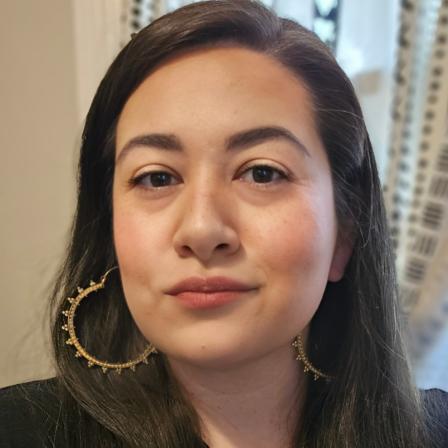 Ann Cuss
Ann Cuss
World Monuments Fund
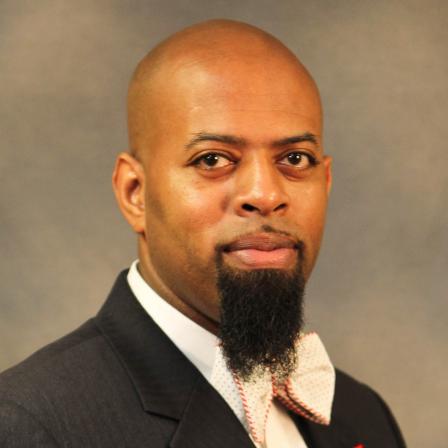 Dr. Kwesi Daniels
Dr. Kwesi Daniels
Department Head, Assistant Professor Taylor School of Architecture and Construction Science, Tuskegee University
 Joycelyn Davis
Joycelyn Davis
Organizer
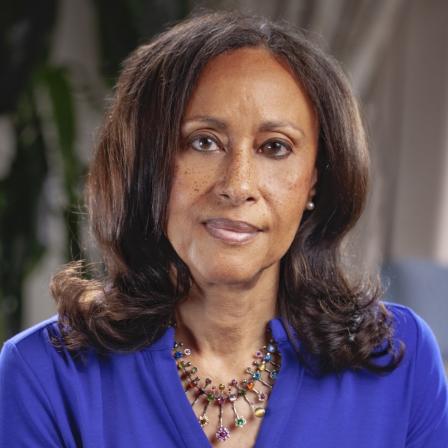 Dr. Sylviane A. Diouf
Dr. Sylviane A. Diouf
Author & Scholar
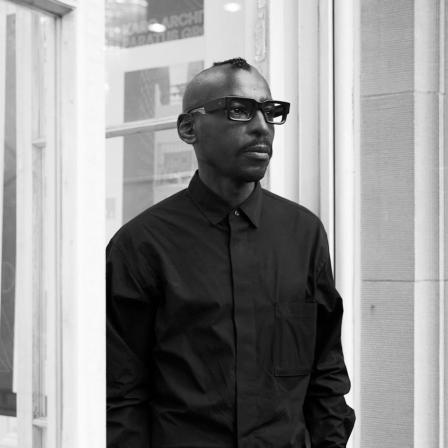 Mario Gooden
Mario Gooden
Cultural practice architect and director of Mario Gooden Studio: Architecture + Design
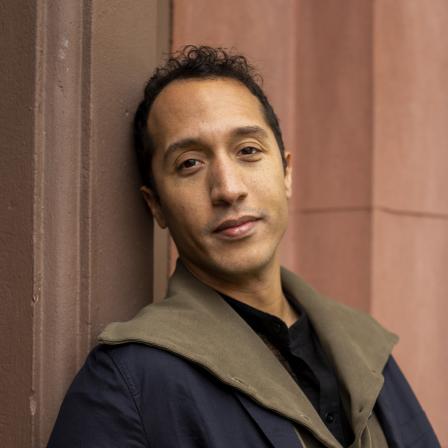 Jerome W. Haferd
Jerome W. Haferd
Architect, public artist, activist, educator, and co-founder, BRANDT:HAFERD
Director of Justice & Belonging Initiatives at the University of Pennsylvania Stuart Weitzman School of Design
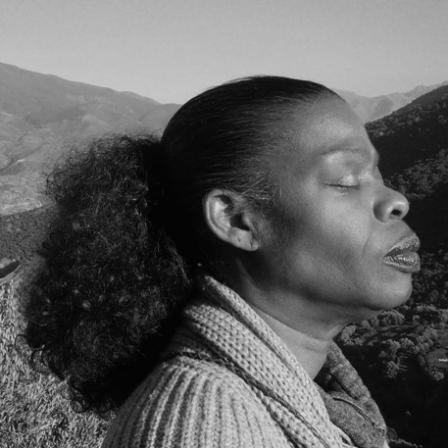 Renee Kemp-Rotan
Renee Kemp-Rotan
Urban designer, planner, and CEO; studio|rotan
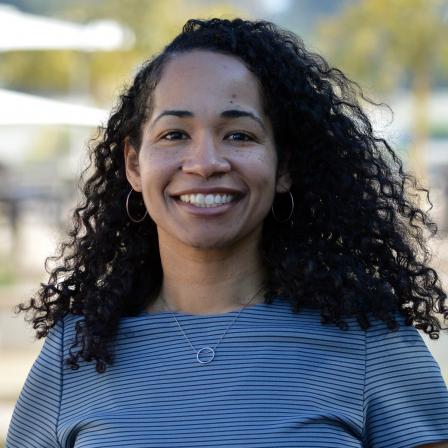 Rashida Ng
Rashida Ng
Chair of Undergraduate Architecture and Presidential Associate Professor at the University of Pennsylvania’s Weitzman School of Design
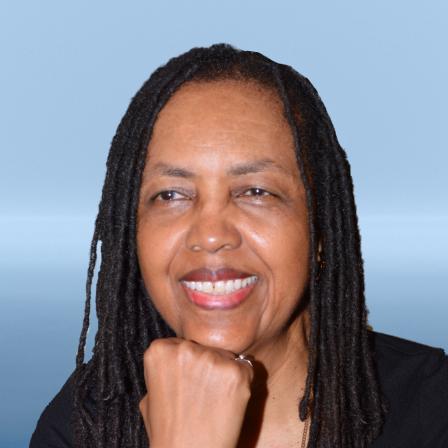 Dr. Deborah G. Plant
Dr. Deborah G. Plant
African American and Africana Studies independent scholar, writer, and literary critic
Descendant and Community Organizer
Freelance journalist and author
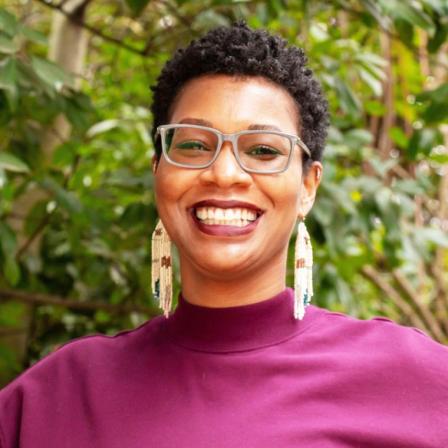 Dr. Amber Wiley
Dr. Amber Wiley
(Former) CPCRS Faculty Director and Presidential Associate Professor of Historic Preservation
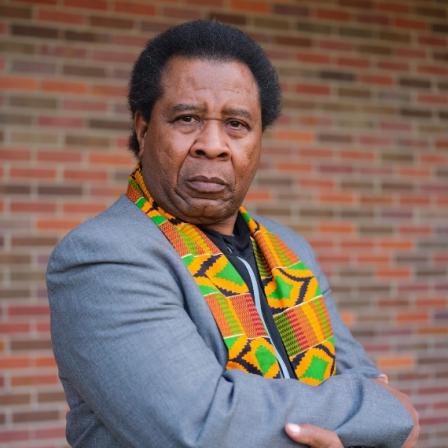 Dr. Major Joe Womack USMCR (ret)
Dr. Major Joe Womack USMCR (ret)
Executive Director of africatown-chess.org
Co-Founder of africatownhpf.org